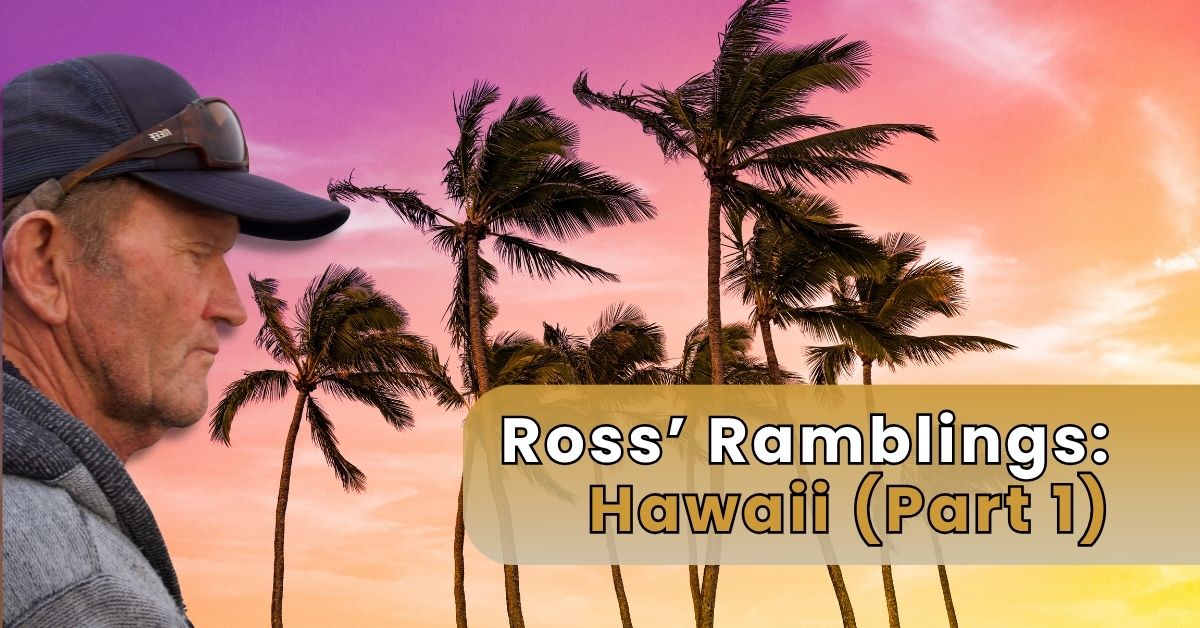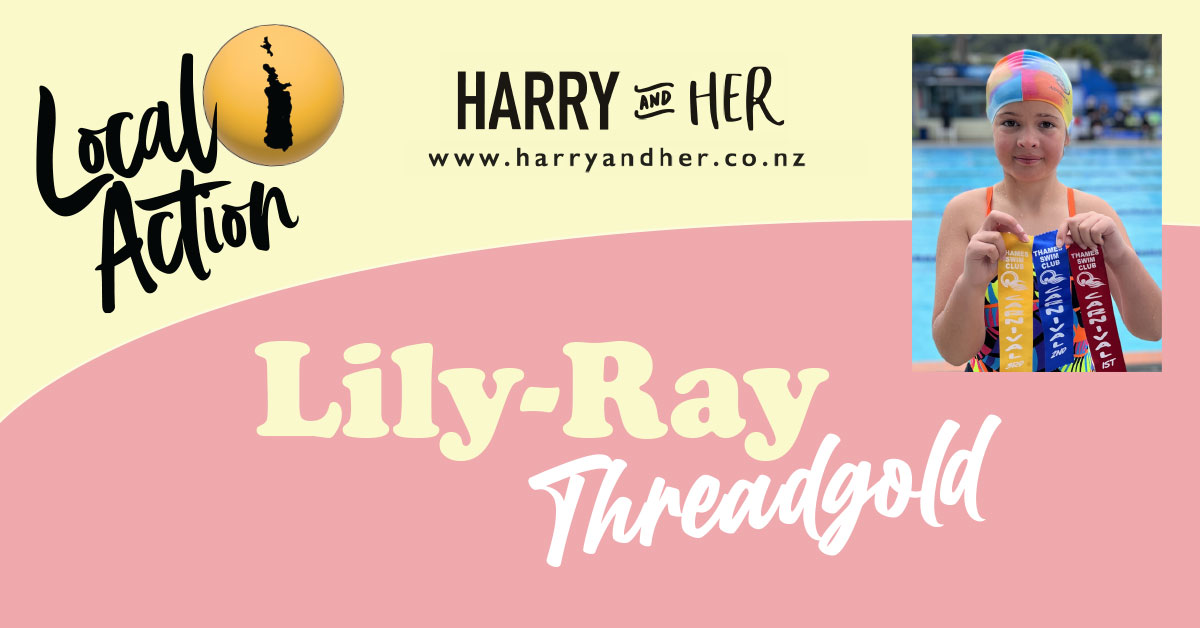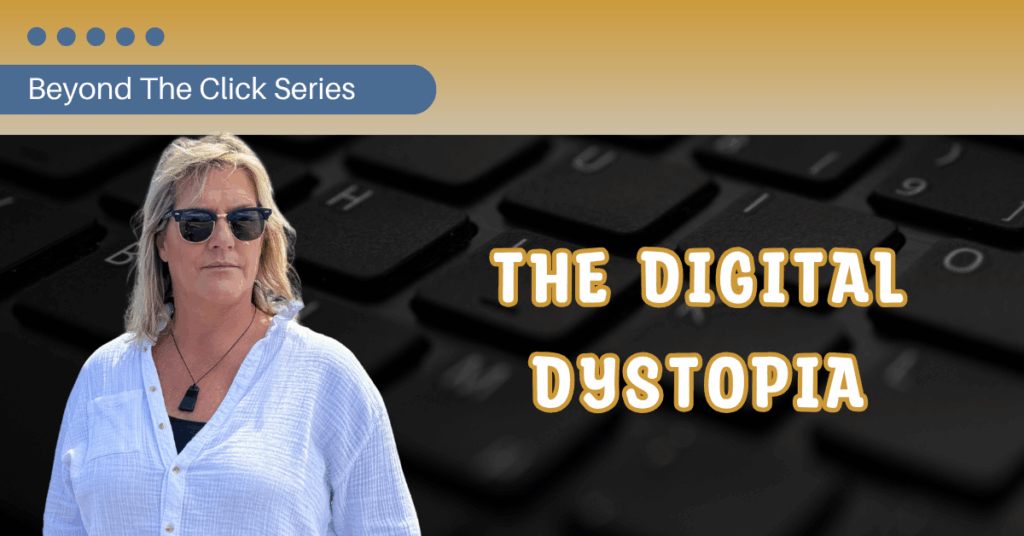
Beyond the Click Series
When you open your favourite social media app, whether it’s Instagram, TikTok, or Snapchat, it can feel like you’re in control. You decide what to post, who to follow, and what to comment on. But actually, what you see, hear, and believe is decided for you by invisible algorithms that determine which content pops up in your feed. Even though we can ‘like’ and ‘share’ content, we’re not really the ones making decisions about what shows up.
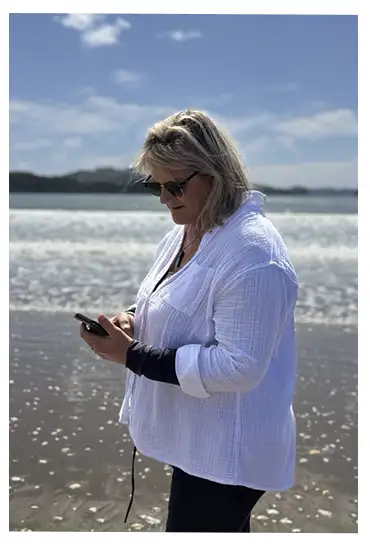
Digital platforms – like Facebook, Twitter, and YouTube – are not just fun apps to pass time; they’re powerful gatekeepers that control the flow of information. Algorithms are the secret sauce behind every social media feed, and they trap us in ‘echo chambers’, bubbles where we keep seeing the same types of opinions, making it easy to reinforce what we already believe and harder to understand different points of view – where everyone agrees with you or, worse, push you towards more extreme content. We’re exposed to a narrow slice of reality that doesn’t include the diversity of opinions and experiences that exist in the world, and it can scale up with horrific consequences, such as the white supremacist hate group messaging that motivated the Christchurch massacre in 2019.
Digital platforms – like Facebook, Twitter, and YouTube – are not just fun apps to pass time; they’re powerful gatekeepers that control the flow of information. Algorithms are the secret sauce behind every social media feed, and they trap us in ‘echo chambers’, bubbles where we keep seeing the same types of opinions, making it easy to reinforce what we already believe and harder to understand different points of view – where everyone agrees with you or, worse, push you towards more extreme content. We’re exposed to a narrow slice of reality that doesn’t include the diversity of opinions and experiences that exist in the world, and it can scale up with horrific consequences, such as the white supremacist hate group messaging that motivated the Christchurch massacre in 2019.
Beyond the algorithms, the real power lies in the hands of a few massive tech companies. Companies like Meta (formerly Facebook), Google, ‘X’ (formerly Twitter) and ByteDance (which owns TikTok) control the world’s most popular platforms. They have huge amounts of money, and these mega-platforms also have the power to form and execute powerful political agendas that have global overreach.
For instance, in 2020, Facebook faced accusations of political bias and censorship when it temporarily banned news content in Australia in response to the country’s proposed law requiring tech companies to pay news organisations for content. This highlighted Facebook’s willingness to pressure governments when regulations don’t align with its business interests.
Even beyond political influence, the power of these companies extends to how societies function. When Google withdrew its search engine services from China in 2010 due to censorship and hacking concerns, it impacted how information flowed in the country, showing the role that a single tech company can play in shaping access to information for an entire nation. And with platforms like TikTok facing potential bans in the U.S. due to security concerns over its ties to the Chinese government, it’s clear that social media is no longer just about sharing dance videos or memes – it’s a battleground for political and economic power.
This might sound overwhelming, but there are ways we can fight back. In New Zealand, for example, there are ongoing discussions about regulating social media to make sure these platforms can’t just do whatever they want. We can take part in these conversations and push for rules that protect our rights online.
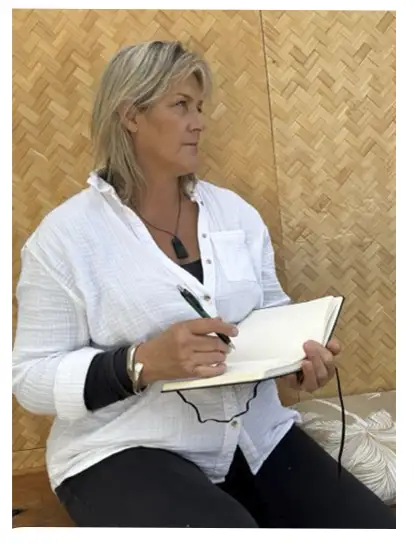
We also need to think about our own role in this system.
Trying to follow different people and perspectives can help break the echo chamber effect and give us a more balanced view of the world.
The future of social media can go in two directions. One possibility is that these platforms will keep growing in power and influence, shaping our lives in ways we can’t predict.
The other possibility is that we’ll find ways to reclaim our digital sovereignty – taking back control of what we see and share online.
To get there, we need to have honest conversations about how much power these companies have, how they use our data, and what kind of impact they have on our society. If we all take action, we can ensure that social media becomes a force for good rather than a tool for manipulation.
The choice is ours. Will we let algorithms and tech giants control us, or will we stand up and reshape the digital world to be a place where everyone’s voice truly matters?
Stella Pennell is a PhD Sociologist, NZ karate champion, and a curious human being. Watch her episode on the ALTBAYS Table Talk here, and read more of her articles in Coromind here.
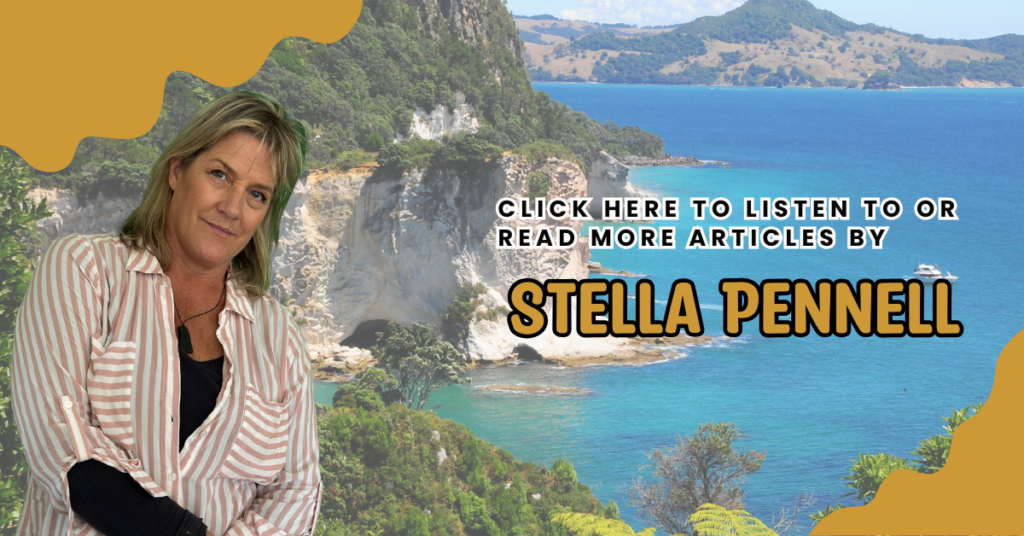
Coromind: Coromandel’s Collaborative Magazine

Help us take Coromind Magazine to new heights by becoming a member. Click here
Change the Weather for Your Business: Advertise with Us.
Advertise your business in the whole Hauraki Coromandel in the coolest Coromandel Art Magazine, from Waihi Beach/Paeroa /Thames up to the Great Barrier Island.
Advertise Smarter, Not Harder: Get in Touch



